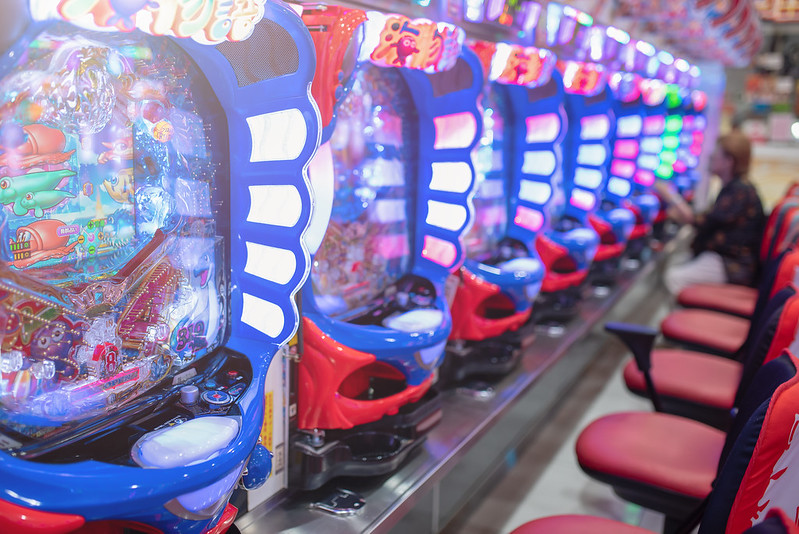
The Pachinko Craze
Pachinko is a popular Japanese gaming machine, a sort of combination slot machine and pinball machine. The main goal is to fire metal balls into several pins in strategic areas of the machine. As a ball falls down, it can land on certain holes with corresponding scores. The balls that don’t land on scoring holes do not earn you points. The holes with points trigger a release of more metal balls (your winnings) that you can exchange. Each pachinko machine is built with a star pocket that triggers the jackpot. When a player hits it, he can draw for a double or single jackpot.
Pachinko’s Massive Popularity
With an annual income of around $300 billion (twice as much as the auto industry), pachinko is very popular in Japan. In fact, it’s considered Japan’s leading leisure activity.
Pachinko was introduced to Japan in the 1920s but its popularity skyrocketed in the 1940s when there were few options for popular entertainment. With 120 million Japanese citizens and very little land, pachinko was an ideal form of amusement that didn’t need a lot of space. The usual prizes then were chocolate, tobacco, perfume, and soap. Pachinko machines nowadays have become more elaborate in design and mechanical engineering, but the prizes still seem to be the same.
Restrictions
Playing pachinko
Gambling is illegal in Japan. Article 23 of the Entertainment and Amusement Trades Rationalization Act has very specific rules about pachinko parlors, such as not providing cash or any merchandise that can be converted to cash. Players can cash in their tokens or balls for so-called prizes like soap or chocolate.
Players have to observe certain rules of conduct in a pachinko parlor. For instance, staff members are not allowed to tell players where they can exchange their tokens or balls, players cannot take over another pachinko machine if there are personal effects left in it by a previous player, and no one cannot touch another player’s winnings.
The fascination over pachinko may be because of its accessibility, and of course, there’s always the element of chance and the thrill of scoring the jackpot. Just don’t get buried!

